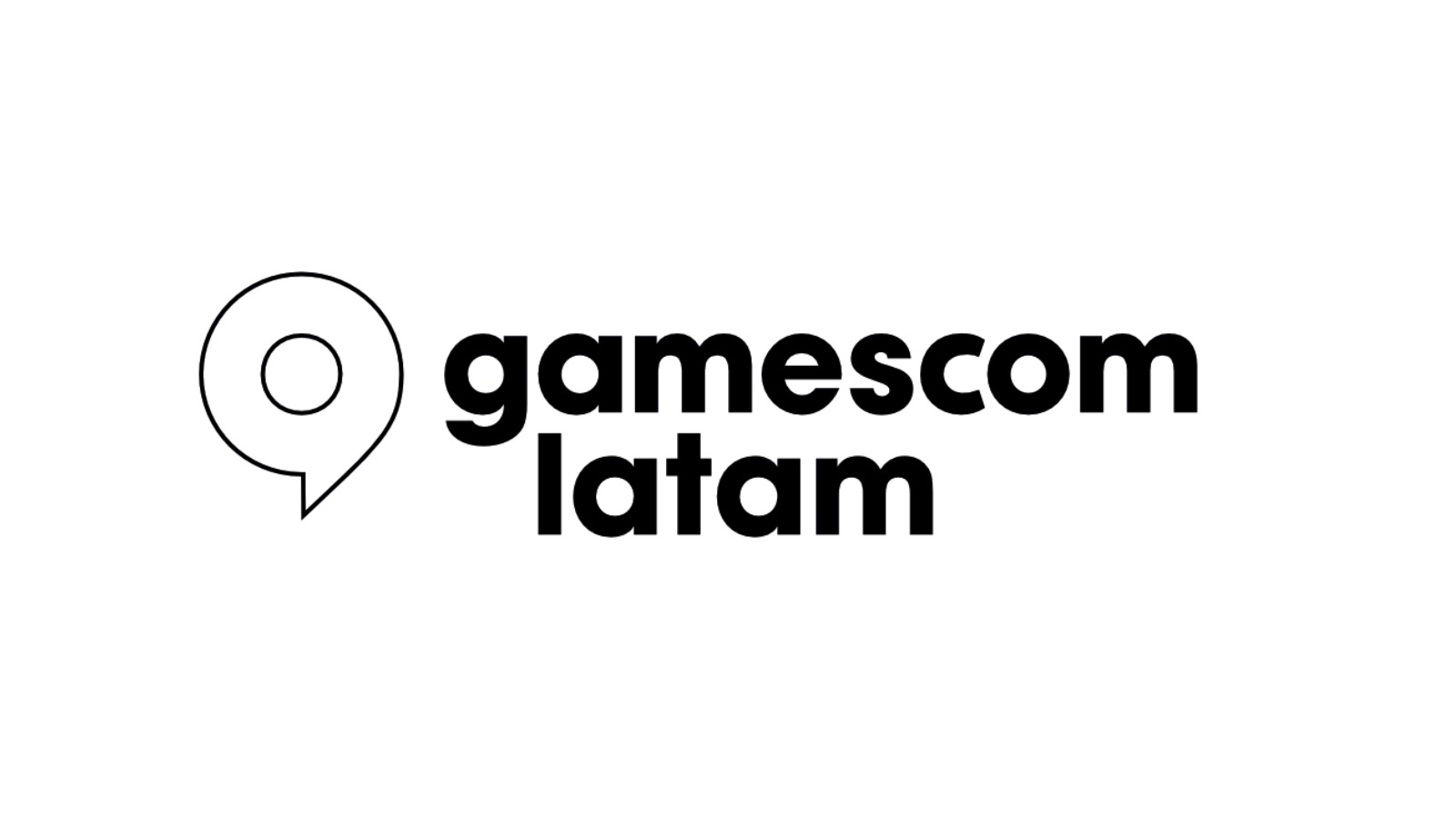In the fast-paced world of game development, game audio companies rely on a wide array of tools and techniques to deliver immersive and high-quality sound experiences. These tools, ranging from project management software to advanced audio processing plugins, streamline workflows and elevate the creative process.
This article explores some of the most essential tools and techniques used by game audio companies, offering insight into how they craft unforgettable soundscapes.
Project Management and Collaboration Tools
Efficient project management is key to delivering high-quality audio on time. Game audio companies use the following tools to stay organized and ensure seamless collaboration with developers:
1. Notion
- A versatile productivity tool for managing tasks, documentation, and workflows.
- Used to track asset lists, deadlines, and project notes in a centralized space.
2. Jira
- A powerful tool for tracking issues and tasks, commonly used in game development pipelines.
- Ideal for coordinating large teams and keeping audio production aligned with game development milestones.
Audio Asset Management Tools
Game audio production generates countless audio files. Asset management tools help organize, search, and retrieve these files efficiently:
3. Soundminer
- A leading software for managing and searching sound libraries.
- Features metadata tagging, batch processing, and seamless integration with DAWs (Digital Audio Workstations).
4. Soundly
- A cloud-based sound effects library manager with a built-in marketplace.
- Enables instant drag-and-drop functionality for DAWs and collaboration across teams.
Digital Audio Workstations (DAWs)
DAWs are the backbone of audio production, allowing sound designers and composers to create, edit, and mix sound assets:
5. Pro Tools
- An industry-standard DAW for recording, editing, and mixing audio.
- Known for its reliability and advanced features, especially in post-production.
6. Reaper
- A highly customizable DAW with a lightweight design and affordable pricing.
- Favored by sound designers for its flexibility and efficiency.
Plugins and Effects
Plugins add advanced processing capabilities to DAWs, allowing for detailed manipulation of sound:
7. SoundToys
- A suite of creative effects plugins for transforming audio with delay, distortion, and modulation.
- Widely used for creating unique soundscapes and textures.
8. Waves
- A comprehensive collection of audio plugins for mixing, mastering, and sound design.
- Includes tools for EQ, compression, reverb, and more.
9. FabFilter
- A high-quality plugin suite featuring intuitive interfaces for EQ, compression, and creative effects.
- Essential for precision editing and mastering.
Audio Processing and Cleanup Tools
High-quality audio requires meticulous cleanup and restoration, especially for voice-over production and field recordings:
10. iZotope RX
- The industry leader in audio restoration and noise reduction.
- Used to clean up dialogue, remove background noise, and fix audio imperfections.
11. AudioMovers
- A real-time audio streaming tool for remote collaboration.
- Enables sound teams to share live audio streams with developers or clients during reviews.
Techniques for Game Audio
In addition to tools, game audio companies leverage advanced techniques to enhance their work:
1. Procedural Audio Design
- Using algorithms to generate sound dynamically based on player actions or game events.
- Reduces file sizes and creates highly adaptive soundscapes.
2. Layered Sound Design
- Combining multiple layers of audio (e.g., bass, mid, high frequencies) to create rich, immersive effects.
- Commonly used for explosions, creature sounds, and environmental ambiance.
3. Adaptive Music Scoring
- Composing music that changes dynamically based on gameplay.
- Techniques include vertical layering (adding/removing instruments) and horizontal re-sequencing (changing musical sections).
Why These Tools and Techniques Matter
Game audio companies use these tools and techniques to:
- Streamline Workflows: Tools like Notion and Jira keep projects organized and on schedule.
- Enhance Creativity: Plugins like SoundToys and FabFilter allow for innovative sound manipulation.
- Maintain Quality: iZotope RX ensures polished and professional audio assets.
- Foster Collaboration: Solutions like AudioMovers enable real-time feedback and remote teamwork.
By combining these tools with advanced techniques, game audio companies deliver soundscapes that elevate gameplay and captivate players.
Conclusion
The tools and techniques used by game audio companies are essential for creating the dynamic and immersive audio experiences players expect today. From managing sound libraries with Soundminer to crafting adaptive music scores in Pro Tools, these technologies empower sound designers and composers to push creative boundaries.
If you’re looking to partner with a game audio company, understanding their toolkit can provide insight into their workflow and capabilities. Companies like Flutu Music combine these tools with expert techniques to deliver exceptional audio tailored to your game.







